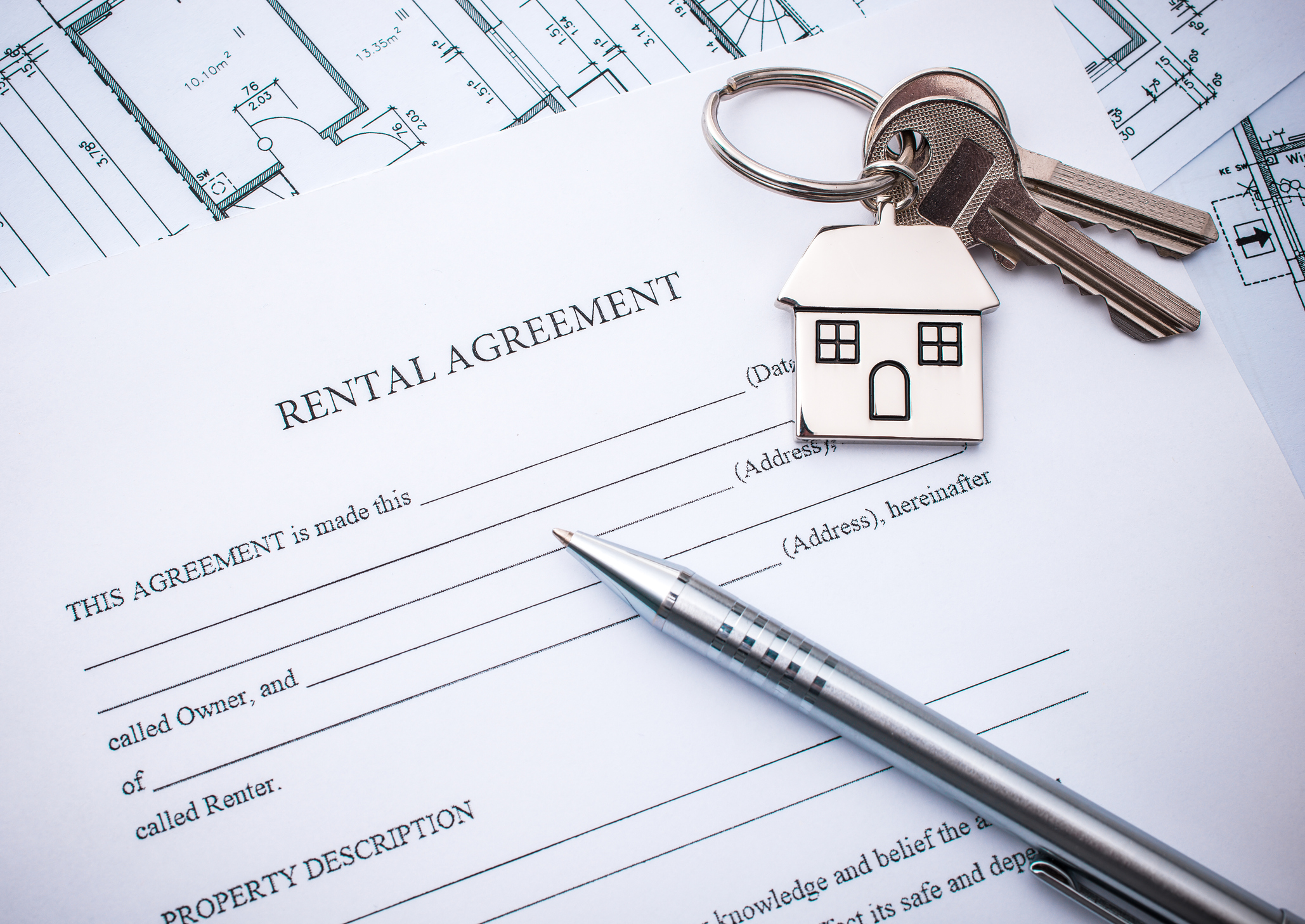Legal implications. Sounds scary, doesn’t it? They can be scary, and cost a lot of money, if you don’t know what you’re doing. Take leases and rental agreements, for which you probably know a lot more than you give yourself credit.
Hands down, most leases and rental agreements are in document form, i.e., in writing. Oral agreements exist, and yes, they can be legally binding (though not advisable). Under the umbrella of rental agreements, giving Tenants the right to occupy a rental, are Periodic Agreements and Lease Agreements.
According to justia.com, “a periodic rental agreement expires at the end of the period, and it is renewed by the next payment. In a periodic rental agreement, the tenant continues to live in the rental unit as long as they pay rent and the landlord does not ask them to vacate.” Periodic Agreements are commonly known as month-to-month agreements. From a tenant’s point of view, the two biggest negatives to a Periodic Agreement are the possibility of being asked to vacate and a rental increase each month.
On the other hand, Lease Agreements are for a certain amount of time, often one year. The Landlord and Tenant are bound by the agreement for the entire amount of time of the Lease Agreement. Having to get out of the lease is a possible downside for a tenant.
What’s in a rental agreement? Templates are easy to find, but what are the body parts? They include:
- Rent amount, security deposit, and other fees such as cleaning and pet-related ones as well as late payment penalties. When they are due and method of payment.
- Number of inhabitants allowed.
- Sublease conditions.
- Parking.
- Pet rules.
- Common areas.
- Maintenance and how to request repairs.
- Consequences of terminating the agreement.
Of course, there will be additional items specific to the property, for example, swimming pool maintenance or rent control-related items if applicable.
Sometimes, Landlords would love it if certain Tenants broke their leases. Usually, it’s a huge inconvenience. There are valid reasons for a Tenant to break a lease. These include active military duty, the rental is unsafe or illegal, and the Tenant is a victim of violence, assault, or harassment.
A point to remember: Landlords are under no obligation to renew a lease. Additionally, they can change the lease’s terms — raise the rent — after the former lease expires if in accordance with local laws.
Need a professional to review your rental documents? Place Tenants can help. Call 800-886-1193 or email [email protected].
Photo credit: iStock/AlexRaths






